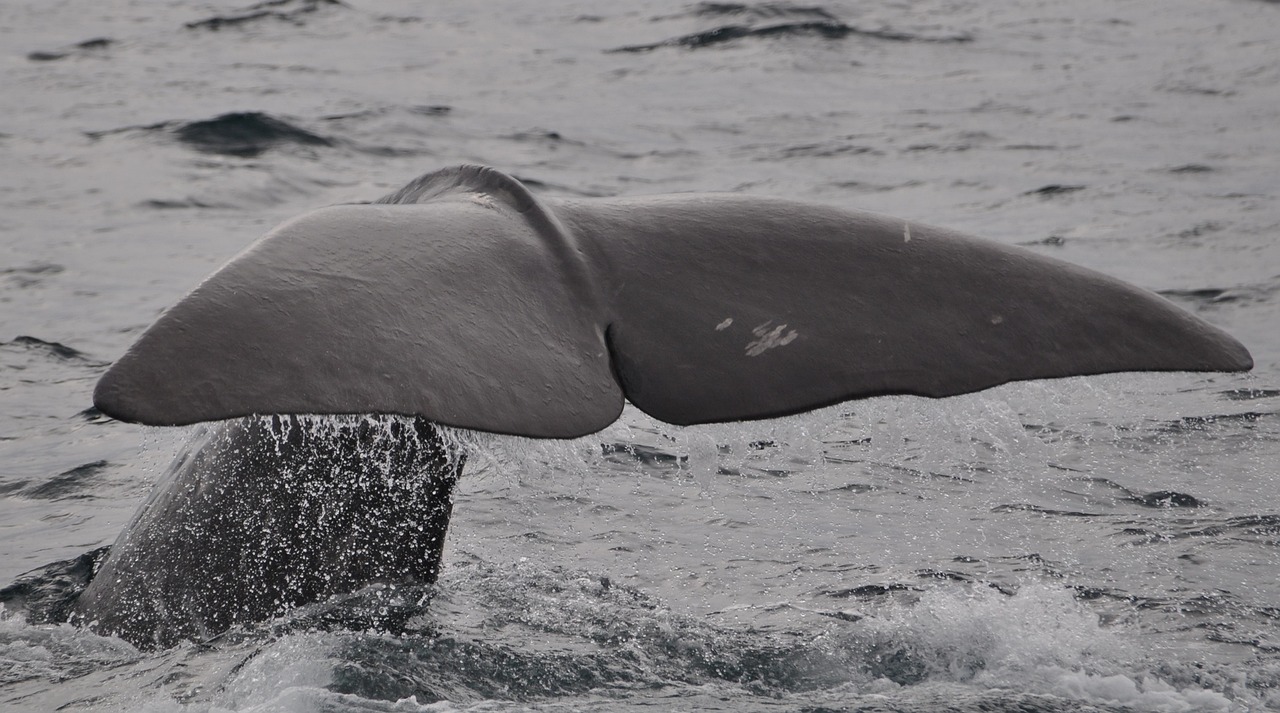News release
From:
So-narked– Military sonar may cause endangered fin whales to change their diving or feeding behaviours. In the first experimentally-controlled study of its kind, fin whales around Southern California were tagged and monitored when exposed to active sonar, pseudorandom noise of similar frequency, or non-sonar activity. Sonar and noise-related behaviour changes were detected in five out of fifteen whales. This builds on research in blue whales and could help mitigate noise impacts.



 International
International



